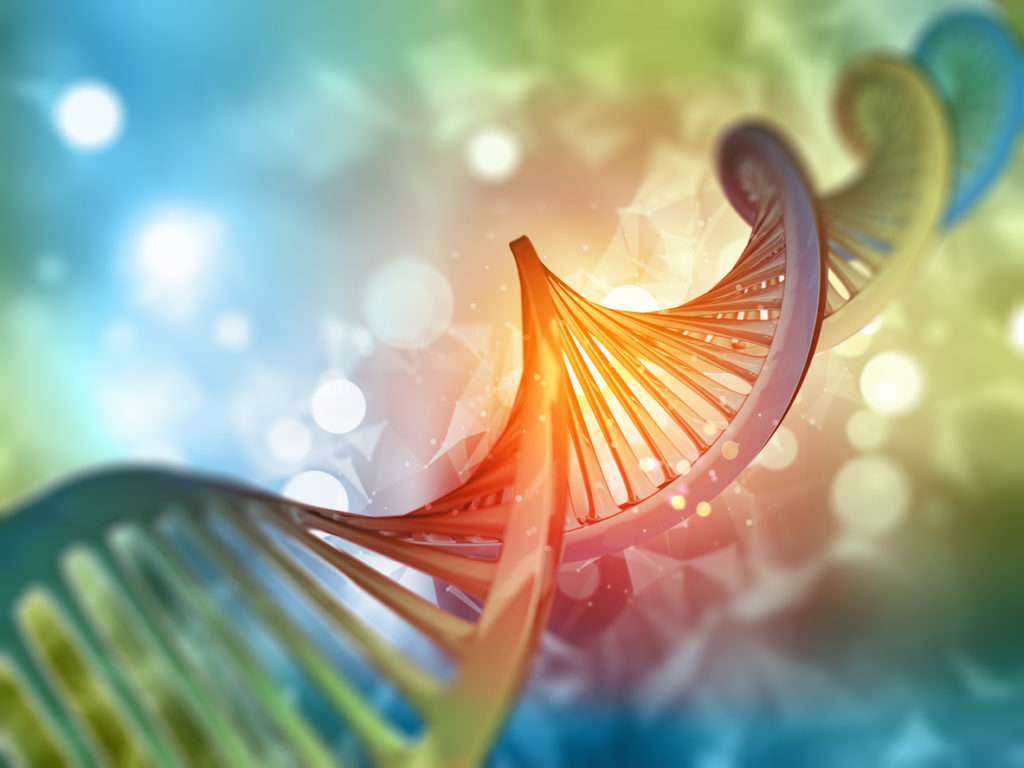In a time of revolution and change in personalized medicine, a new branch of science: nutrigenomics, is emerging, promising an individualized approach to nutrition and health. Nutrigenomics as a discipline blends genetics, nutrition, and health, aiming to prevent nutrition-related chronic diseases through precise dietary recommendations. However, questions arise on the effectiveness of such an approach and whether DNA-based diets truly deliver their promises.
The Birth of Nutrigenomics
In the dawn of the 21st century, following the completion of the Human Genome Project (HPG), nutrigenomics was born. This scientific discipline took the spotlight by investigating the intricate relationship between genes and dietary components. Its creation marked a shift from the ‘one-size-fits-all’ approach to nutrition towards a more individualized perspective, where dietary guidelines could be precisely tailored based on a person’s unique genetic blueprint.
DNA Testing and Personalized Diet Plans
Recent studies indicate some promising results from a nutrigenomic-guided approach to diet. Research showed that dietary advice based on genetics led to reduced long-term fat intake and lower sodium intake. Despite these encouraging outcomes, a critical view remains essential. A clinical trial involving over 600 overweight adults discovered that a genotype-based eating regimen didn’t achieve the expected weight loss results. Hence, while there are positive indicators, they’re still inconclusive, and more extensive research is needed to validate these initial findings.
Potential Benefits of Nutrigenomics and DNA Diets
Customized diet and exercise plans based on genetics could offer several advantages. For one, they could potentially increase compliance, as the guidelines fit the individual’s unique metabolic and genetic profile. There’s no denying the appeal of a diet plan tailored to one’s specific needs, which might make it easier to stick with the program. Secondly, nutrigenomics could help target dietary and physical activity goals better by taking into account individual metabolic differences. Instead of blindly following general advice, individuals could potentially gain more precise directions for achieving their health objectives.

The Current Challenges in Nutrigenomics
However, the field of nutrigenomics and DNA diets is not without its limitations. First off, it’s important to note that nutrigenomic testing is still in its infancy. As such, while its potential is vast, there are still many unknowns that researchers are diligently working to uncover.
Secondly, the cost associated with nutrigenomic testing can be a significant barrier for many individuals. The tests, which typically start at around $300, can quickly become quite an investment. This high cost, coupled with the fact that most health insurance plans do not cover this type of testing, makes it inaccessible for many people.
Thirdly, privacy concerns associated with genetic information also arise. As with any type of genetic testing, individuals may worry about who has access to their genetic information and how it is used. Ensuring robust policies for data privacy and security will be essential for maintaining trust in this evolving field.
The Importance of Specialist Analysis and Recommendations
Despite the current challenges, there are tests and personalized diet plans available for those interested in exploring nutrigenomics. However, it’s crucial to do this under the guidance of a specialist. The interpretation of genetic information can be complex, and applying it to practical dietary recommendations requires expert knowledge. Consequently, it is advisable to speak with your doctor about getting a referral to a reputable medical group that offers nutrigenomic testing.
The NJ Diet: A Practical Example of Nutrigenomics
A real-world example of the application of nutrigenomics is the NJ Diet, a medical weight loss program tailored to an individual’s genetic profile. Over the course of 40 days, participants of this medically-supervised program can potentially lose a significant amount of weight. Hair, blood, and saliva samples are used to create a comprehensive genetic profile, revealing an individual’s inherent tendencies and biological inclinations. This profile then informs the development of a personalized weight loss program. For further insights into the user experience and outcomes, a thorough NJ Diet review online provides a wealth of information. These positive reviews further affirm the potential of nutrigenomics in practical applications.
Ethical Considerations in Nutrigenomics
A discussion of nutrigenomics would not be complete without addressing the ethical considerations inherent in this field. DNA-based diets inherently involve the collection, analysis, and storage of genetic information, a deeply personal and sensitive type of data. As people move into the new world of personalized nutrition, it’s imperative to establish and maintain robust ethical guidelines for dealing with genetic data.
The privacy and security of genetic information are paramount. Organizations offering nutrigenomic testing and personalized diet plans must have stringent data protection policies and procedures in place to guard against unauthorized access or misuse of genetic data.
Furthermore, transparency is crucial in this field. Individuals should have the right to complete information about what their genetic data will be used for, who will have access to it, and how long it will be kept. Only with this level of transparency can individuals make informed decisions about whether to undergo genetic testing for personalized nutrition.
Lastly, equitable access to the benefits of nutrigenomics should be a goal. While the high cost of testing may currently limit its accessibility, steps should be taken to make personalized nutrition solutions available to a wider population. Whether this involves governmental policies, insurance coverage, or other strategies, it’s important to ensure that the benefits of nutrigenomics do not become another form of health disparity.
Wrapping Up
In conclusion, nutrigenomics and DNA diets offer an exciting glimpse into the future of personalized nutrition. Although the field faces challenges, including cost and privacy issues, its potential benefits cannot be overlooked. As our understanding of the complex relationship between genes, nutrition, and health continues to grow, so too will the possibilities for individualized health and wellness strategies. As with any emerging field, patience, skepticism, and critical evaluation of the available evidence will be key to avoiding the pitfalls and maximizing the potential benefits of this exciting new approach to health and nutrition.
